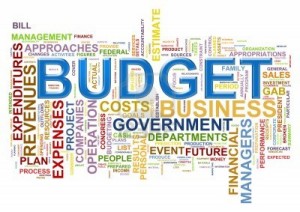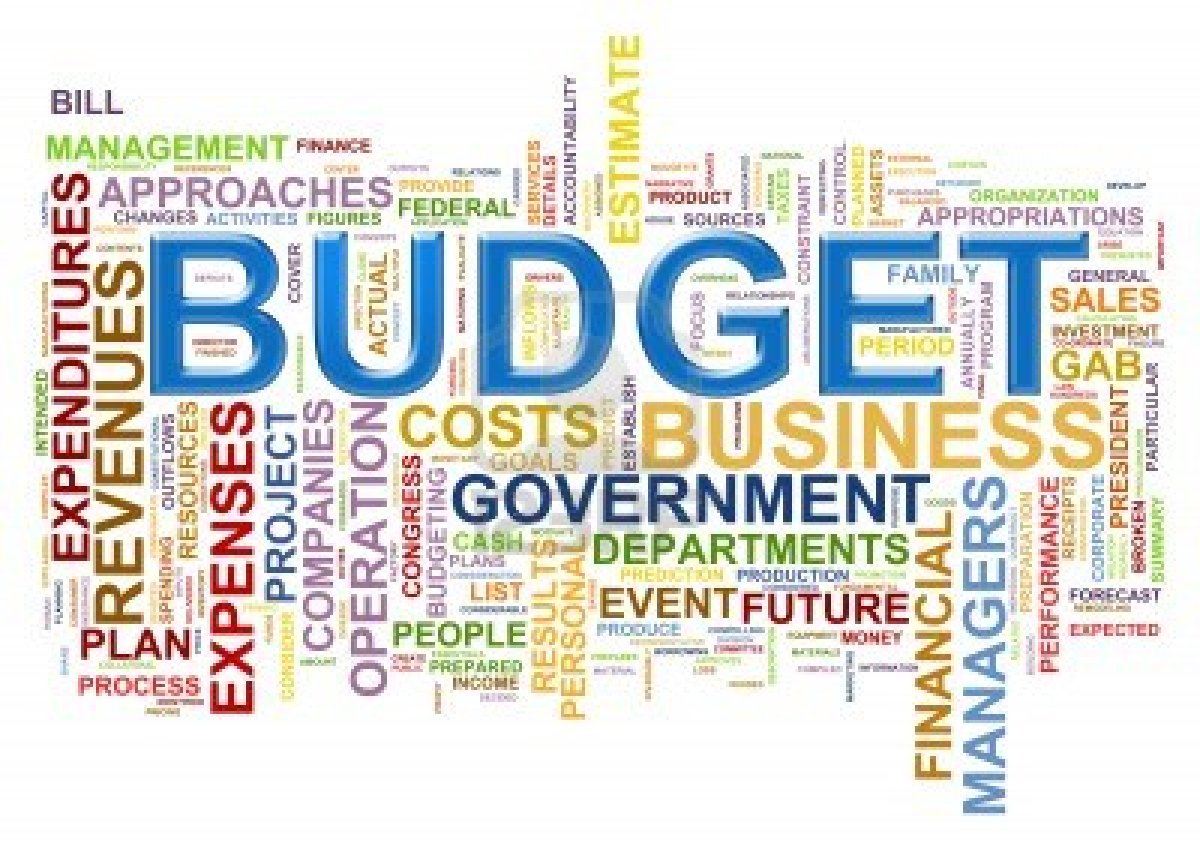Housing demand is a serious matter of concern and the business needs a policy booster but the Union Budget 2016-17 proved to be an uneventful exercise.
 Though everyone within the policy corridors acknowledges the fact that the sector has the potential to revive the economy, the Budget fails to acknowledge those concerns. Though there are certain symbolic gestures that prima facie appear to be encouraging, on a closer scrutiny it is quite obvious that the Budget has completely failed to address the larger & immediate concerns of one of the key catalysts of Indian economy.
Though everyone within the policy corridors acknowledges the fact that the sector has the potential to revive the economy, the Budget fails to acknowledge those concerns. Though there are certain symbolic gestures that prima facie appear to be encouraging, on a closer scrutiny it is quite obvious that the Budget has completely failed to address the larger & immediate concerns of one of the key catalysts of Indian economy.
As a matter of fact, the Union Budget has neither addressed the concerns of the homebuyers nor the developers. Of course, there are certain promising announcements but those symbolic gestures are long-term measures. In short-term there are hardly any substantive gains and the sector has been left high & dry.
There is no clear takeaway for the housing market and the 0.5 per cent hike on the Service Tax is an additional burden on the homebuyers. There is nothing encouraging for the middle class homebuyers who are major demand drivers in the cities across India. The expected change in the personal Income Tax exemption slab that has not been granted has further dampened their spirit. There is no encouragement for women homebuyers either.
Economic analysts point out that the budget does not lead to more employment generation and there is no scope of earning disposable income for urban middle class. These are the key necessities to fuel the housing demand in the cities. Furthermore, Rs. 50,000 rebate on housing up to Rs. 50 lakh is too nominal relief in top eight cities where most of the unsold housing stocks are painfully burdening the developers and affecting the business cycle and economy.
Even from the developers’ standpoint, there is no provision that could ensure lower input cost of the projects. Additional surcharge of 15% on the income over Rs. 1 Crore is a dampener for the luxury housing as well.
Certain announcements like the digitization of land records and clarity over Dividend Distribution Tax (DDT) no doubt will go a long way in terms of ease of doing business, but the immediate concerns of the sector have been by and large ignored.
Zaheer Majeed Memon, Partner Zara Habitats maintains that pertaining to real estate sector in specific although there has been no significant grants or benefits from this Budget, there has been a tax relaxation to first time home loan takers of deduction of Rs 50,000 which is quite encouraging.
“Also, there has been a service tax waiver to houses built under 60 square meters which would help in the affordable and mid budget segment. However, the DDT has attracted an additional tax for dividend incomes beyond Rs.10 lakh which is significantly dampening for certain segments and various sectors,” says Memon.
Arvind Jain, Managing Director, Pride Group categorically calls the Union Budget 2016-17 far below expectations. He maintains that some leeway has been given to first-time home loan borrowers, but the relief will not boost demand in the metros.
“Service tax has been exempted for developers who are focused on constructing affordable housing with unit sizes not exceeding 30 square meters in the larger cities and 60 square meters in the smaller cities. This is a significant plus, and in line with the incumbent government’s intention to boost affordable housing. All in all, this budget was exceedingly cautious and not enough to infuse any significant doses of vibrancy into the real estate sector,” says Jain.
Vipul Shah, Managing Director, Parinee Group is nevertheless optimistic from a lager macro-economic point of view. He asserts that the government maintaining fiscal deficit target of 3.5 per cent is very credible for the financial markets and the economy and will pave the way for a strong and stable sustainable economical growth. RBI can now look to ease the monetary policy further in the current cycle with the government sticking to its fiscal deficit roadmap.
“This will in turn boost the real estate sector. Increased infrastructure and rural spending should kick-start the investment cycle and should have a cascading effect in the economy. Among other measures announced for the industry, 100 per cent deduction of profits for new housing projects bodes well for Tier-II and Tier-III Cities. However, the limit on flat sizes of 30 square meters in metro cities is just not enough to have a meaningful impact. The sizes should have been at par with the non-metro cities to boost the housing sector in metro cities as well,” says Shah.
From a long-term investment perspective a section of analysts are welcoming the Budget. Devina Ghildial, Managing Director, RICS South Asia says the government’s strong commitment to investment in public infrastructure should definitely be lauded. The impetus provided is critical for improved productivity to boost long-term economic growth and has been demonstrated with stepped up allocation for infrastructure development, rural infrastructure and affordable housing.
“While the budget may not have lived up to the expectations of the sector, developers do have some reason to cheer. With Dividend Tax on REITs being scrapped, investments will become attractive and fund raising easier. Also, the proposed 100% deduction to undertakings for construction of affordable housing will provide a much needed ‘shot in the arm’ for the residential sector,” says Ghildial.
The Budget might be having a few positive points from the long-term investment perspective. The increase in HRA deduction, removal of DDT from REIT and boost to affordable housing by allowing 100 per cent of deduction on profits made by entities constructing them have been addressed. But these will have long-term impact and does not touch upon the immediate concerns of the sector.
It hence fails to address the immediate concerns of the sector that is struggling against the liquidity crunch due to slow sales. The built environment of real estate sector in its collective consciousness is into cost & benefit analysis and the overtly critical voices have not been heard yet. That does not dilute the fact that the budget is disappointing for both the developers as well as the homebuyers.
The Budget has not factored in the need to strengthen the supply side of housing. As far as demand side is concerned, in all probability the fence sitter buyers will continue to be in a wait & watch mode since there is hardly any tangible encouragement to buy a house, especially in the top eight cities.
Key Pointers
- Service tax hike to burden homebuyers
- Nothing encouraging for middle class homebuyers
- Personal Income Tax exemption slab not changed
- No encouragement for women homebuyers
- No employment generation and no scope of earning disposable income for urban middle class
- Rs. 50,000 rebate on housing up to Rs. 50 lakh nominal relief in top 8 cities
- No provision to lower input cost of developers
- Capital Gains Tax can be diverted into stocks
- Additional surcharge of 15% over income of Rs. 1 crore dampener for luxury housing
By: Ravi Sinha





